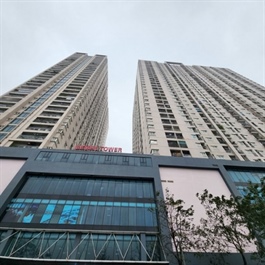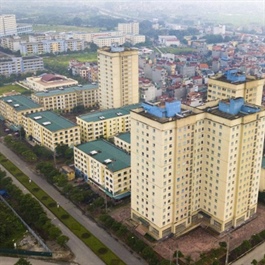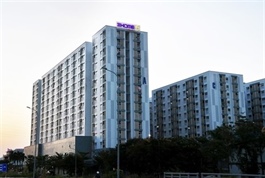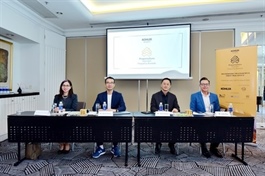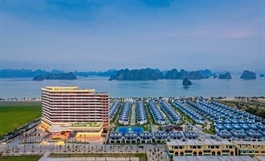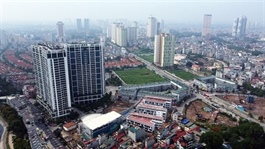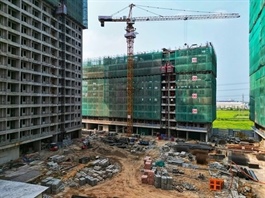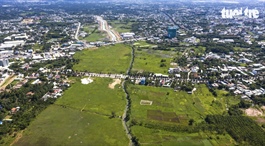Financial barriers still remain for true industrial symbiosis
Financial barriers still remain for true industrial symbiosis
Despite having great potential for implementing industrial innovation, Vietnam lacks financial incentives for businesses in executing industrial symbiosis model and preventing them from taping into a circular community.

According to Lien Nguyen, a freelance consultant in renewable energy, the government should have clear and stable policies to support university and research institution engagement with renewable energy ventures.
“Policies for promotion of the recycling industry remain insufficient,” Nguyen said at a conference on advancing the circular economy in Vietnam’s industrial parks (IPs), held in mid-April in Ho Chi Minh City by the Ministry of Planning and Investment and the United Nations Industrial Development Organisation (UNIDO).
“In addition to that, the procedures for reuse and recycling of waste, particularly waste being sent outside companies, as well as market for exchangeable secondary materials and by-products, are all in a shortage,” Nguyen said.
Industrial symbiosis is a must for an eco-IPs and an integrated part of the circular business model. A subset of industrial ecology, it describes how a network of diverse organisations can foster eco-innovation and long-term culture change, create and share mutually profitability, and improve business and technical processes.
According to Nguyen, the model requires the collaboration of government, universities, research institutions, and industries in upscaling the circular economy.
“Businesses should be guided to use material flow analysis tools in developing strategies to foster the circular economy, including industrial symbiosis,” Nguyen said.
Vietnam has great potential in this area as it has around 420 IPs throughout the country. It also boasts diverse types of industries in selected IPs and a fast growth of disruptive technologies.
According to Christian Susan, manager of UNIDO’s Global Eco-IP Programme, industrial symbiosis is a form that helps companies gain a competitive advantage through sharing services with other companies or with surrounding areas. “They can also cooperate to exchange specific products, energy, water, and by-products with other companies or regions, thereby promoting comprehensive and sustainable development,” said Susan.
“IPs with a large concentration of businesses become ideal platforms for promoting business synergy approaches. Symbiotic relationships between businesses help reduce the resource demand and can sustain resource use over longer periods of time and for multiple purposes, thereby promoting circularity,” Susan added.
Pham Hong Diep, chairman of the board of Shinec, the investor of Nam Cau Kien IP located in thê northern port city of Haiphong, said that industrial symbiosis chains in the IP are implemented with a circular economic model, including metallurgy, mechanical engineering, plastic products, and electrical and electronic accessories. “Within this year we will move towards zero waste through applying this model,” Diep told VIR.
In the past, steel slag at the IP had to be processed, and the manufacturer had to pay over $200 million per tonne, but now it can save this fee instead. The purchaser will process steel slag at high temperatures and separate it into other materials to sell to factories that use it to produce magnets and additives for cement production.
Steel scrap is also produced into auxiliary products and components for the electrical industry, including assembling electronic components and equipment for the automobile industry and cable companies.
“Such an example shows that waste becomes a resource through symbiotic waste resources of businesses, and the output is secondary finished products. This also helps create a larger market for recycled raw materials and materials with reliability and high-quality standards,” Diep said.
With this closed process and circular production, discarded items that previously had no value are now important raw materials, increasing revenues for businesses.
“Thanks to this benefit, Nam Cau Kien IP has occupancy of more than 80 per cent, even though the land rental price here is higher than other parks,” Diep said.



